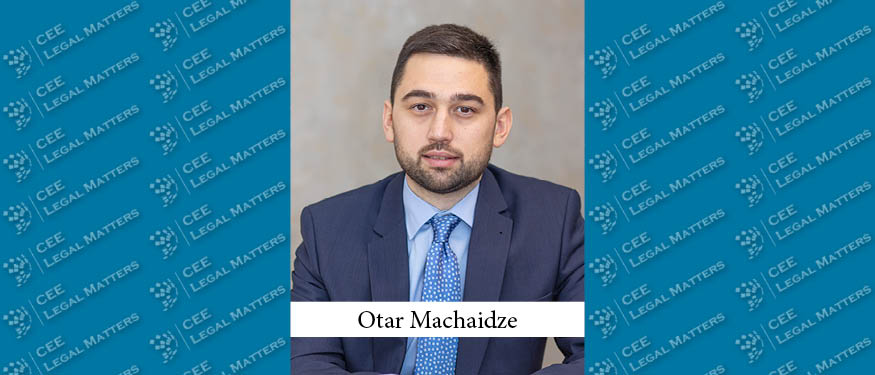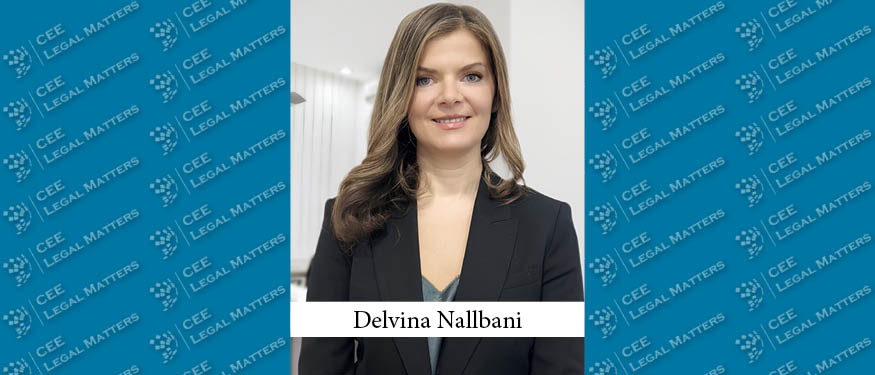2016 has been a challenging year for dispute resolution in Poland, due primarily to the numerous changes in regulatory framework that have come or will come into effect. In particular, since the country’s 2015 parliamentary elections, the government has been working on regulations related to group action proceedings, procedures for collecting claims, and various criminal law issues.
The CMS white-collar crime practice has been increasingly engaged in criminal proceedings, as prosecuting authorities are looking ever more closely at financial institutions and businesses involved in public procurement. The Ministry of Justice is also developing controversial legislation – some of which has already been implemented – that could impact businesses, such as new rules regarding the confiscation of criminal proceeds. Independently of public-interest issues, some companies have also been targets of cybercrime, including fraud. They have filed criminal proceedings in order to protect their interests or assets.
The rapid legislative changes and increasing regulatory scrutiny have encouraged businesses to expand their compliance teams and to consult external counsels on such things as handling investigations into the company’s affairs or proceedings brought by the regulatory authorities. Many companies are interested in conducting internal investigations in response to legal or business risks identified within their organizations.
The government is currently working on dispute resolution legislation in the form of the “Creditors’ Protection Package.” Initiatives within the Package include increasing precision in dealing with claims against investors in construction cases, creating a framework for obtaining orders for payment from notaries public (not only from courts), and reforming group action proceedings. Group actions – which had their sixth anniversary this year – saw a slight decrease in new claims being filed, a change that can be associated with continuing disappointment in the length and complexity of the procedure. The new law, which should come into force in mid-2017, addresses these concerns and aims at both facilitating the procedure and broadening the scope of disputes, particularly for businesses acting as claimants. This may offer new opportunities and challenges in view of the upcoming regulations on the private enforcement of claims for antitrust damages.
Another trend of the passing year was the growing focus on alternative dispute resolution (ADR). Although there has been a legal framework for ADR in Poland for several years, Parliament finally managed to implement the ADR Directive, which can affect the way businesses handle consumer claims. Since January 2016, the code of civil procedure has included a series of incentives designed to encourage mediation or settlement of cases. As a result, all court claims must be preceded by an attempt to find an out-of-court settlement unless this attempt would be futile. Moreover, courts are more frequently referring parties to mediation and, at all times, encouraging the parties to settle the case before trial.
A prime example of the increasing pro-ADR trend was the settlement – which involved CMS – ending a long-running dispute concerning the construction of the National Stadium in Warsaw. The settlement reached on November 14, 2016, not only ended one of the biggest disputes in Poland’s construction sector but was also the first time a matter of such complexity was settled amicably in the country. It was described by the court as a key settlement in the history of the Polish judicial system. The upcoming year should reveal more, but businesses dealing with public entities should expect a more reasonable and settlement-orientated approach when resolving disputes.
In conclusion, 2016 has brought changes to the framework of resolving disputes, with effects that will be seen in the months or years to come. Businesses should carefully approach and analyze any large-scale operations, especially in public procurement or the financial sector, as they may be targeted by regulatory or law-enforcement authorities. A review of new or upcoming legislation can also be useful, as it may affect decisions on whether to engage in a dispute and could shed light on the possible costs and benefits of the various dispute resolution routes such as group action proceedings or mediation.
By Malgorzata Surdek, Managing Partner, and Filip Grycewicz, Advocate, CMS Warsaw
This article was originally published in Issue 3.6 of the CEE Legal Matters Magazine. If you would like to receive a hard copy of the magazine, you can subscribe here.
















